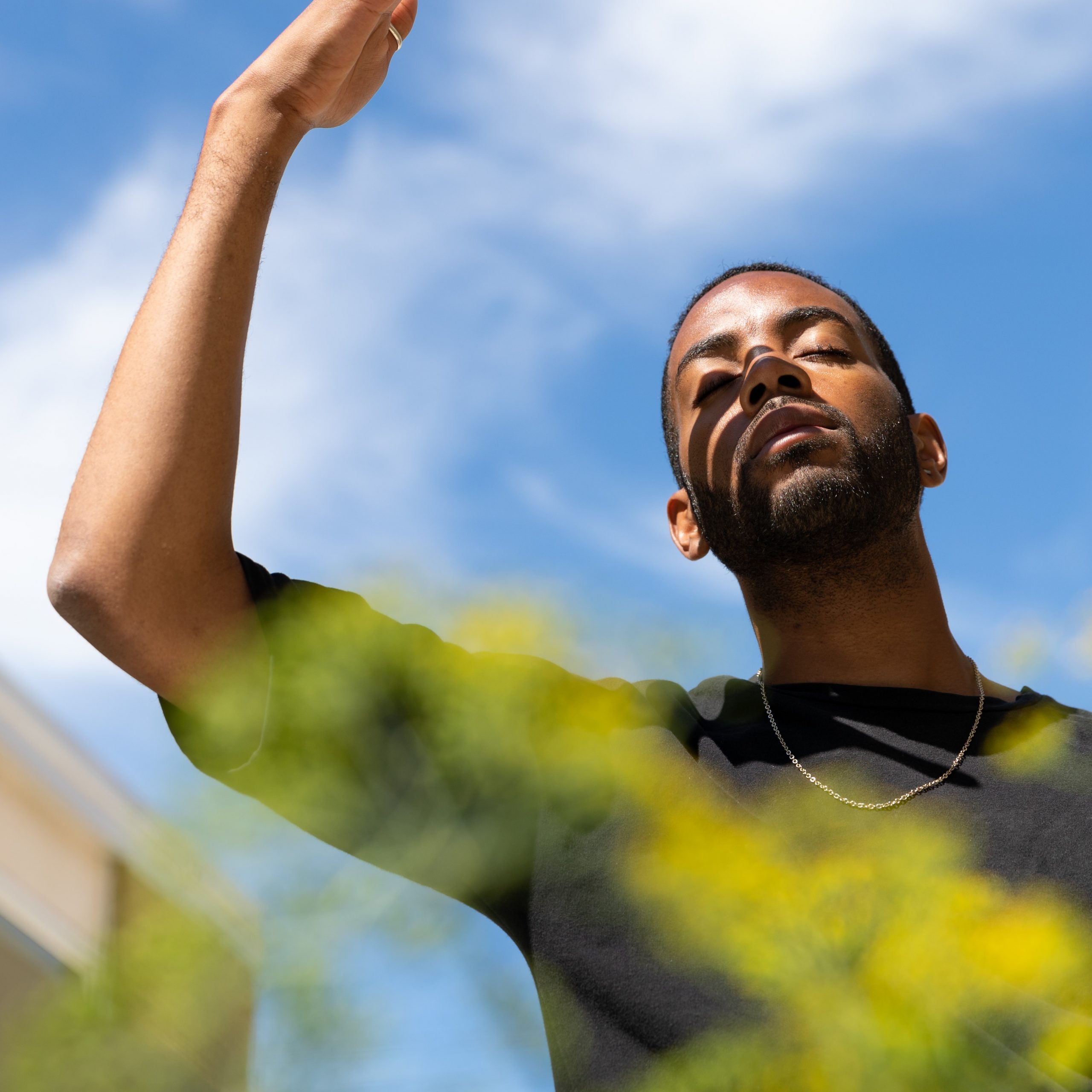
Although Ramadan is the month that all Muslims around the world look forward to it, fasting was never a piece of cake. It comes with a few challenges that not so many people know could be prevented. Contrary to the common belief that tiredness is a common side effect of fasting, you can completely overcome it with a few basic steps. Hence, we got you 5 ways to help you fight tiredness in Ramadan.
Plan Your Day

Use your time efficiently during Ramadan. Finish all work-related tasks on time instead of leaving them to the last minute. Though, take short breaks throughout the workday to recharge your energy. Some people even find it helpful to stretch out from their desks to motivate their bodies to stay energetic. Ensure you’re socializing with your family and friends as well. Simply, staying busy will drive your thoughts away from feeling tired.
Eat Healthily

Large meals don’t guarantee better nutrition for your body. They actually cause you more tiredness the next day.
Iftar meals need to be both light and healthy. More vegetables, nuts, and dried fruits such as almonds, raisins, dates, and walnuts can provide your body with all the vitamins it needs for the whole day.
Improve Your Breathing

While breathing is a mechanism that happens on its own, sometimes the human body needs a little extra help. Deep breathing fights tiredness by inhaling more oxygen and expelling carbon dioxide.
Three easy-breezy tips will definitely elevate your energy level. First, breathe deeply through the nose. Second, use the diaphragm. Third, practice slower breathing.
Practicing deep breathing on a regular basis will adapt your body to do it automatically afterward.
Avoid the Heat

Since Ramadan is still aligned with the summer season, it’s vital not to stay in the heat for a long time. Whenever possible, postpone any activity that requires staying in the street during the daylight. Fans and air-conditioning are a top priority as you’re working.
Moreover, monitor your temperature throughout the day. If it gets high, seek medical intervention immediately.
Drink Water and Fluids

Indeed, water is the primary source for hydrating the human body. However, other fluids alongside water could also be of great benefit.
Herb-infused drinks and fruits and vegetables provide the body with vitamins and minerals while giving a refreshing feeling, so it’s two birds with one stone.
Lettuce, cucumbers, tomatoes, watermelon, grapefruits, strawberries, cantaloupes, celery, and zucchini are highly recommended during Ramadan as they’re mainly composed of water.
For iftar, broth-based soups are an excellent starter. Whereas for suhoor, smoothies made of ingredients such as yogurt, milk, or coconut water with fruit, grains, and seeds are refreshing, delicious, and most importantly, healthy.
At the end of the day, fasting challenges human desires in so many ways. Nevertheless, it does have plenty of health benefits if done right. Changing fasting habits to be compatible with a healthier lifestyle would assuredly reduce tiredness during Ramadan and permanently uplift energy levels if maintained after the holy month.
By: Monica Mamdouh



